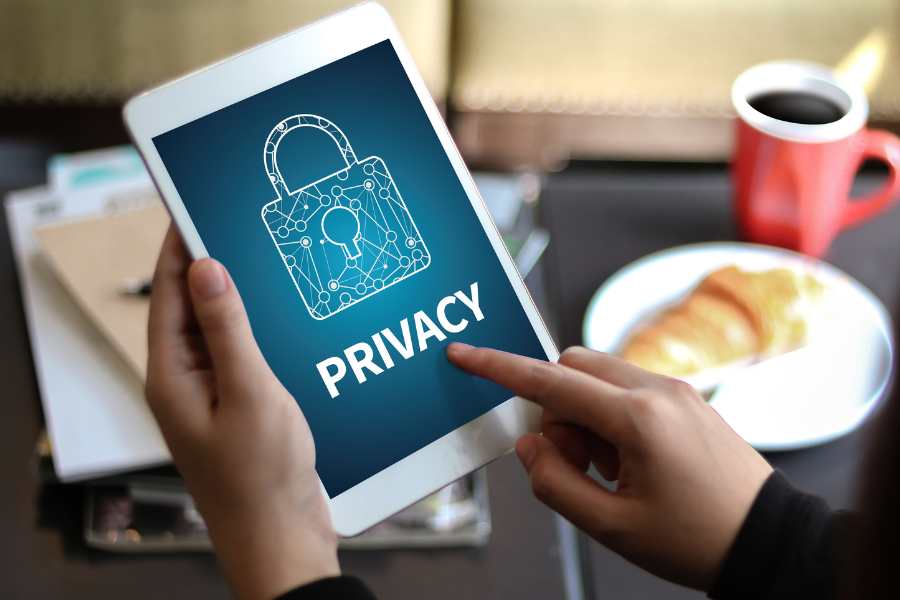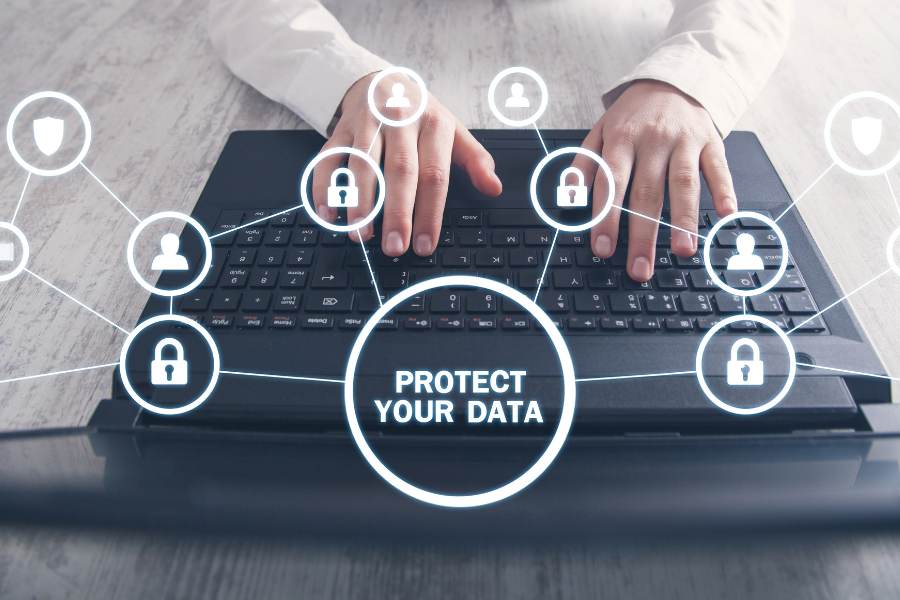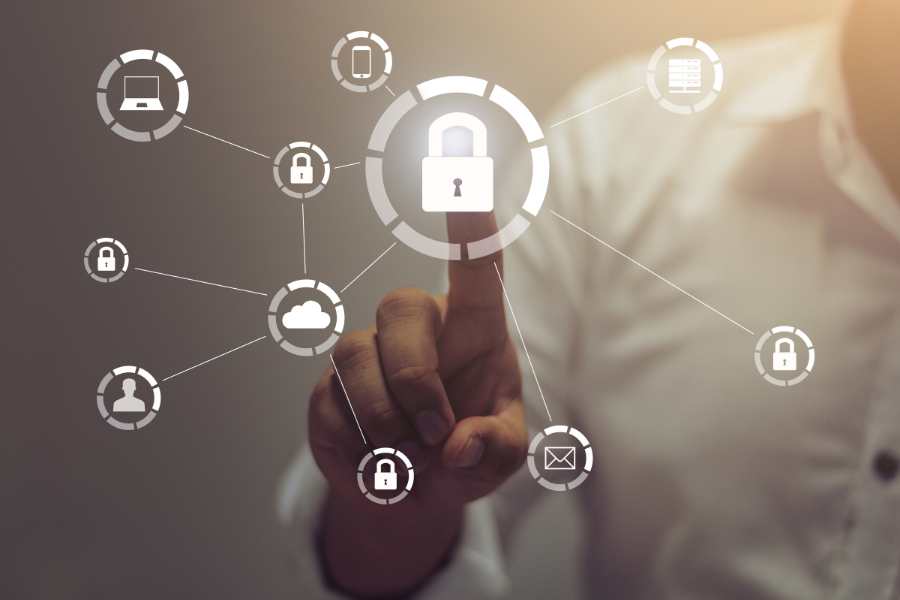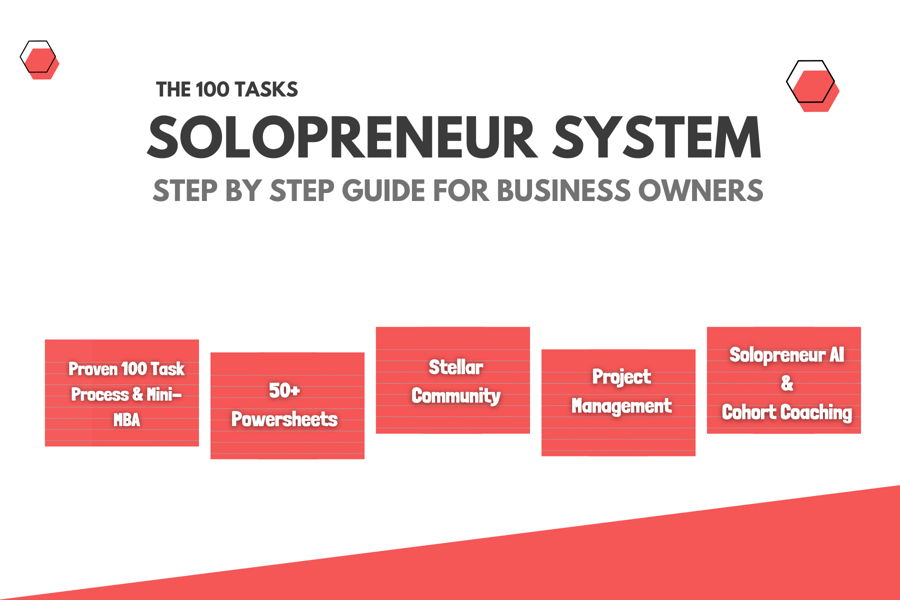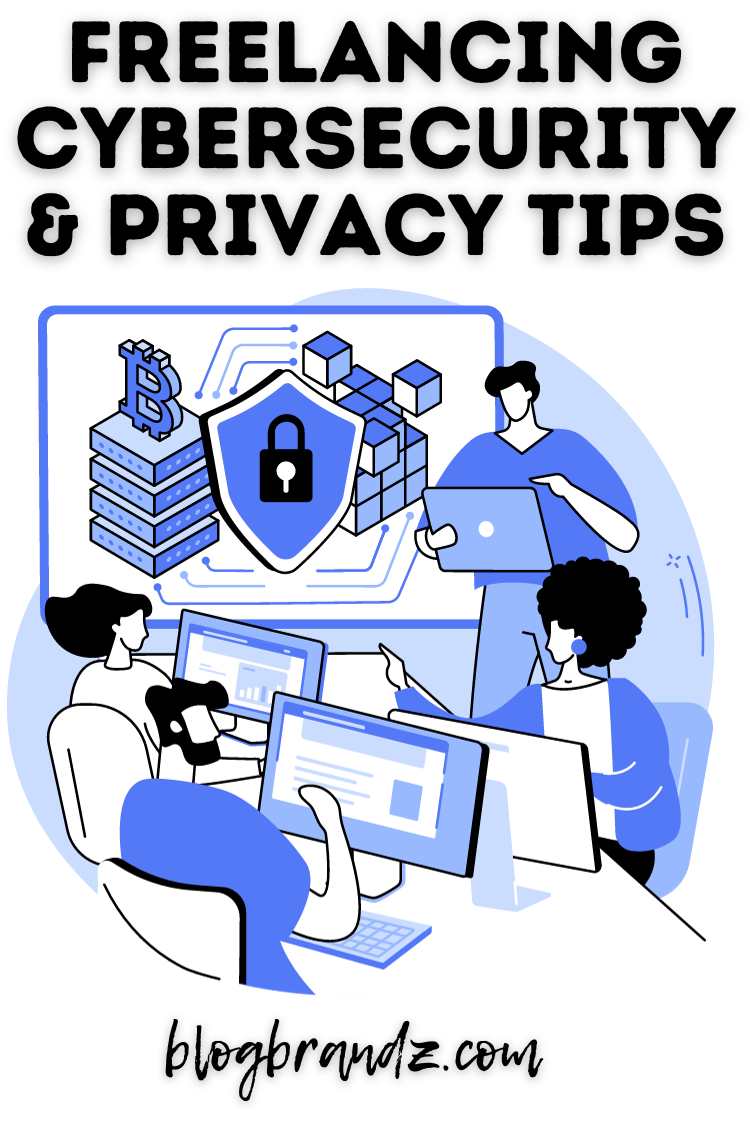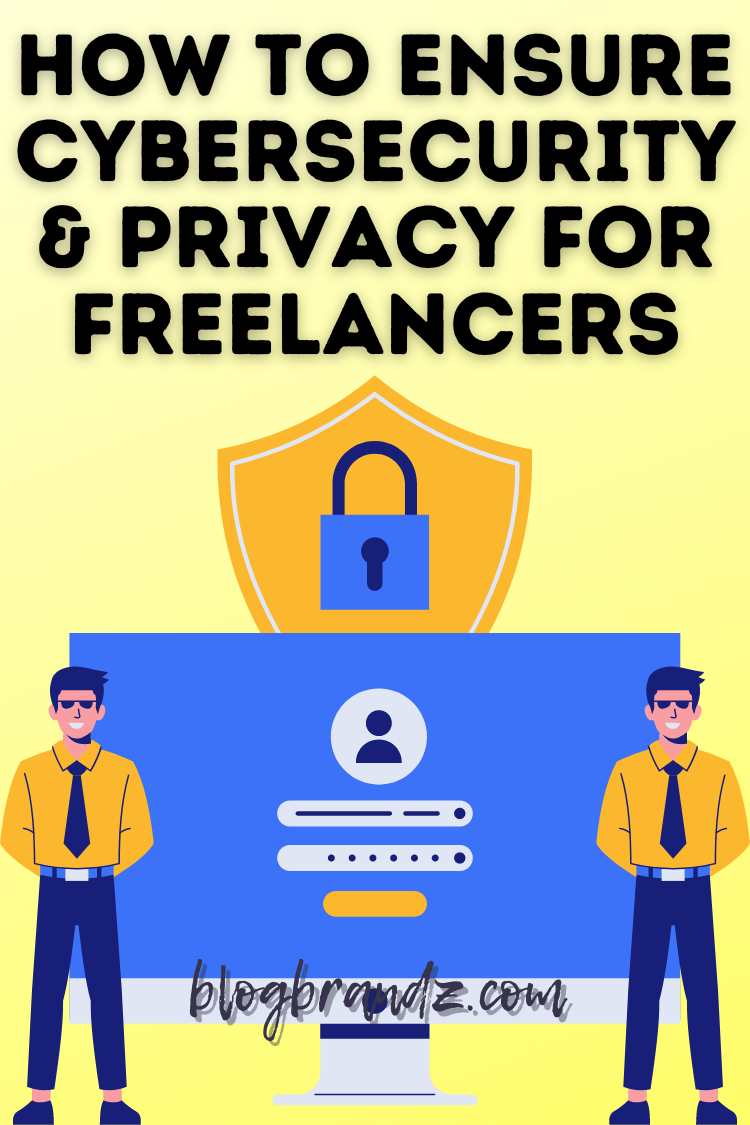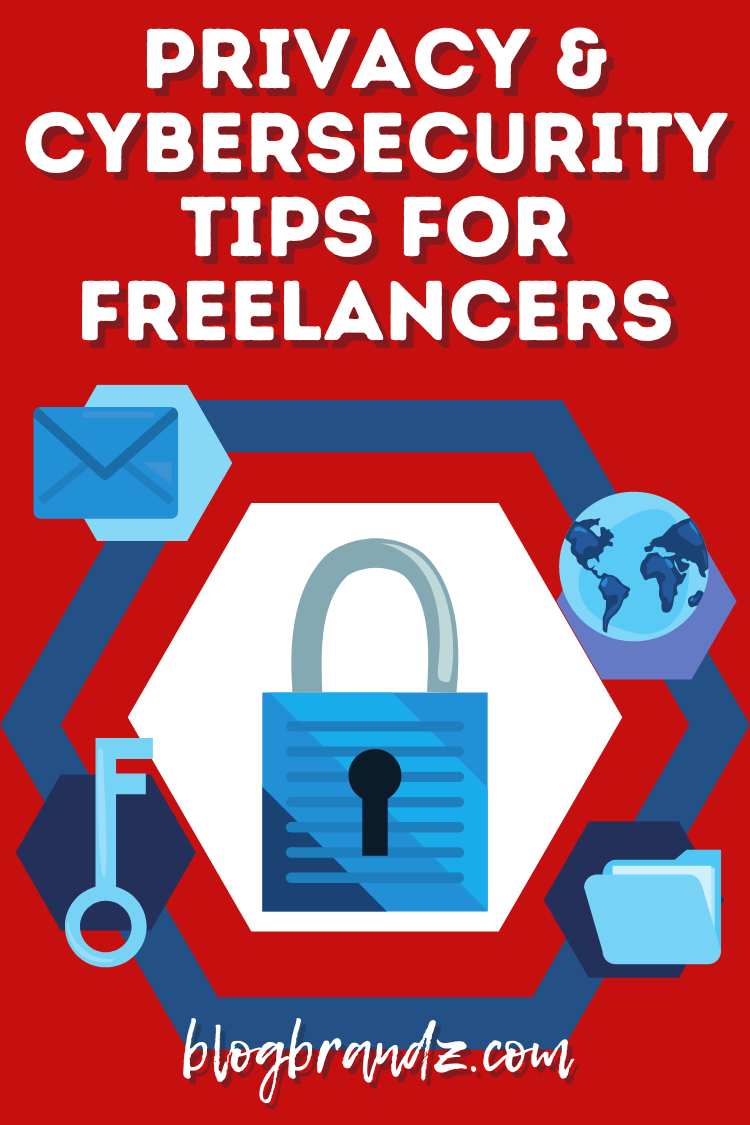Learn how to safeguard your privacy for freelancers with virtual phone numbers, separate accounts, and robust cybersecurity measures.
Freelancing, providing unmatched flexibility, has surged globally, with over 59 million freelancers in the U.S. alone. Yet, this autonomy demands vigilance in safeguarding privacy.
The rise of remote work exposes freelancers to cyber threats, with data breaches increasing by 11 percent in the past year. As freelancers become primary targets, it’s crucial to fortify privacy for freelancers and their clients.
In this article, we delve into essential strategies, acknowledging the 89 percent of freelancers concerned about online privacy.
With the gig economy booming, protecting personal information is not just a responsibility but a necessity for the 36 percent of the U.S. workforce embracing freelance careers.
Contents
10 Tips to Safeguard Your Privacy & Cybersecurity for Freelancers
Some effective strategies to fortify your privacy as a freelancer include essential measures such as utilizing virtual phone numbers, maintaining separate accounts, and establishing comprehensive contracts.
#1. Incorporate a Business Name to Sheild Your Identity
When you incorporate a business name and use that over a personal one in your freelancing business, it enhances professionalism and shields your identity.
This not only adds a distinctive touch but also establishes a clear separation between your personal and professional life. Registering the business name, often a legal requirement, adds legitimacy to your freelance pursuits.
Incorporating a business name is a strategic move, offering multifaceted benefits for fortifying privacy in the freelancing landscape. Prioritize legal consultation to understand rights, and obligations, and protect intellectual property.
Stay informed about tax obligations and compliance in your jurisdiction, ensuring a secure and transparent freelance operation. The Fiverr Workspace Tool is the freelancer’s one-stop app for time tracking, invoicing, payments, proposals, contracts, task management, and income and expense tracking.
#2. Secure Communication with Virtual Phone Numbers
Preserving privacy in freelancing extends to communication, making virtual phone numbers a crucial tool. Rather than sharing your personal number, opt for a virtual phone number dedicated to your business calls.
These services offer more than just confidentiality; they provide additional features like call forwarding and voicemail. Call forwarding ensures you never miss an important client call, while voicemail functionality adds a professional touch.
conXhub’s mobile-first communications service lets you create virtual offices anywhere you want and instantly appear bigger. You can get incoming and outgoing calls from multiple numbers on one mobile phone and keep your personal phone number, and your life, private.
By leveraging virtual phone numbers, freelancers not only safeguard their personal contact details but also enhance communication efficiency, projecting a polished and responsive image to clients and collaborators alike.
#3. Preserve Confidentiality with a Virtual Mailbox
The next line of defense in safeguarding your privacy as a freelancer is to carefully manage your personal information.
Using a P.O. Box or virtual mailbox instead of your home address while incorporating a business can add an extra layer of security, keeping your residential details confidential.
With PostScan Mail’s Virtual Mailing Address, you can access and manage your postal mail online 24/7/365, selecting from 700+ local addresses. Your mail and packages are scanned upon receipt and uploaded to your online mailbox.
View and manage your mail, open, scan, forward, or recycle junk mail from anywhere in the world. Local pickup is available at convenient locations. Enjoy a responsive digital mailroom system on PostScan Mail’s web mailbox, accessible from any mobile device or tablet.
Here are some reasons why using a P.O. Box or virtual mailbox can be a good practice as a freelancer:
- Privacy and Security: Using a P.O. Box provides an added layer of privacy and security by keeping your home address confidential. This is especially important if you want to separate your personal and professional life, or if you’re concerned about privacy and safety.
- Professional Image: Having a business address (even if it’s a P.O. Box) can enhance your professional image. It gives the impression that you have a dedicated business location, which can be important for gaining the trust of clients and customers.
- Legal Requirements: Depending on your jurisdiction, there may be legal requirements for a business to have a physical address. Using a P.O. Box or virtual mailbox can fulfill this requirement without exposing your home address.
- Mail Handling: If you receive a significant amount of business mail, having a P.O. Box can be more convenient. It provides a centralized location for receiving and managing your business correspondence.
However, keep in mind that there are also some potential downsides to using a P.O. Box:
- Limited Functionality: Some business activities may require a physical location, and using a P.O. Box might not fulfill these requirements. Check the regulations in your area and industry.
- Perception: While a P.O. Box can enhance your professional image, some businesses and clients may prefer dealing with entities that have a physical office address.
Before making a decision, consider the nature of your freelance work, local regulations, and your personal preferences. If in doubt, consult with a legal or business professional who can provide guidance based on your specific circumstances and local laws.
#4. Enhance Security through Segregated Accounts
To fortify your privacy as a freelancer, it’s vital to compartmentalize both communication and finances. Start by using distinct email accounts for personal and professional correspondence, minimizing the risk of sensitive information exposure.
This separation ensures that personal matters remain confidential while maintaining a professional tone in your business interactions. Extend this practice to your finances by considering separate bank accounts for personal and business use.
This clear demarcation not only streamlines financial management but also adds an extra layer of security, safeguarding your personal assets and professional transactions in your freelancer business.
With no required monthly fees and no minimums, Found’s intelligent business banking and user-friendly tools are perfect for freelancers, solopreneurs, self-employed professionals, 1099 Contractors, and small business owners.
From managing your finances to bookkeeping, taxes, and invoicing, Found’s automated tax-saving feature ensures you’re always well-prepared when tax season arrives. From generating reports and sending invoices to storing receipts and paying taxes, you can accomplish it all within the app.
All transactions done with the Mastercard®️ Debit card can be seen in the Found banking app, allowing you to effortlessly monitor and organize your expenses, ultimately leading to potential tax savings. Sign up for free in minutes with no credit credit check or opening deposit.
Disclaimer: Found is a financial technology company, not a bank. Banking services are provided by Piermont Bank, Member FDIC. The Found Mastercard®️ debit card is issued by Piermont Bank pursuant to a license from Mastercard Inc. and may be used everywhere Mastercard debit cards are accepted.
#5. Ensure Trust & Protection through Robust Contracts
Safeguarding both freelancers and clients necessitates the establishment of clear and comprehensive freelancer contracts.
Emphasizing the importance of written agreements, always articulate the scope of work, payment terms, and deadlines in explicit terms. This not only sets expectations but also serves as a tangible record of the agreed-upon terms.
Elevate the protective measures by incorporating confidentiality and non-disclosure clauses into your contracts. These clauses act as a shield for sensitive information, fostering a foundation of trust between you and your clients.
Protect your financial and legal interests with the Independent Contractor Contract Template. Ensure timely payment and ownership rights for freelancers. This lawyer-approved contract is essential for freelancers and clients, safeguarding against potential legal and financial risks.
As a freelancer, well-crafted contracts not only ensure clarity but also provide a legal framework for a secure and professional collaboration.
#6. Secure Your Online Presence
Your professional website and social media profiles are potent tools for self-promotion, yet they also wield inherent risks to your privacy. Online personalities and influencers, like anyone else, can become targets for identity theft, hacking, or other cybercrimes.
When creating an online presence, exercise caution by being mindful of the information you disclose. Opt for professional email addresses and judiciously share personal details to strike a balance between promotion and privacy.
Extend this prudence to your communication channels — consider employing virtual phone numbers for business calls, enhancing security, and protecting sensitive information.
By consciously delineating between professional and personal spheres, freelancers can harness the benefits of online presence while mitigating potential privacy pitfalls in an ever-evolving digital landscape.
#7. Craft a Secure Professional Image
When creating your professional website, exercise mindfulness in sharing information to bolster your online privacy, ensuring a secure and trustworthy digital presence.
If you have a WordPress website, you can use plugins like Jetpack that provide security features to prevent unwanted intrusions with effective brute force attack protection, malware scanning, and spam filtering.
Opt for a professional email address and virtual phone number instead of personal alternatives. This not only reinforces a polished image but also adds a layer of security by keeping personal details confidential.
By implementing these measures, freelancers strike a balance between accessibility and privacy, presenting a poised and secure front to clients and collaborators navigating the digital realm.
#8. Curate a Professional Online Persona
Deliberate choices in shaping your online presence can significantly enhance your professional image as a freelancer.
Consider utilizing a professional profile picture and crafting a concise yet impactful bio to convey competence and reliability. Exercise selectivity on social media platforms, being cautious about the information you share.
By adopting these measures, freelancers not only project a polished image but also maintain control over the narrative of their online persona.
Striking the right balance between authenticity and discretion ensures a positive digital footprint while safeguarding personal privacy in the competitive landscape of freelance work.
#9. Mitigate Risks with Liability Insurance
In the diverse landscape of freelancing, the need for liability insurance becomes pivotal, contingent upon the nature of one’s work.
This safeguard serves as a protective shield, offering financial coverage in the event of legal claims associated with your freelance endeavors.
Whether you’re a consultant, designer, or any other freelance professional, liability insurance is a prudent investment, providing peace of mind and financial security.
By evaluating and addressing potential risks in your specific field, you fortify your business and create a resilient foundation that shields you from unforeseen legal challenges in the dynamic world of freelancing.
#10. Create a Strong Cybersecurity Shield
In the digital realm of freelancing, safeguarding sensitive information is paramount. Growing awareness among business owners highlights the crucial need for a robust cybersecurity plan in Internet-dependent businesses.
Create Strong & Unique Passwords
To protect against hacking and identity theft, use strong, unique passwords, enable two-factor authentication, update software regularly, and be cautious of phishing attempts.
Tools like the Roboform Password Manager will help you create strong and unique passwords for each site and enable two-factor authentication across your accounts. You can add verification codes to RoboForm Authenticator via a QR scan, add a key, or import from other authenticator apps.
Create Secure & Private Connections
Third parties can easily access your private information if you’re not using a reliable virtual private network (VPN). NordVPN’s cutting-edge A-256 encryption keeps your online data safe, and hides your IP address and location, making you much safer and more private online even on public Wi-Fi.
Ensure secure internet connections by encrypting your data, and protecting sensitive information from threats and unauthorized access. Regularly monitor financial accounts for any suspicious activities to enhance overall online security.
IObit’s Malware Fighter can detect a wide array of spyware, ransomware, adware, Trojans, worms, keyloggers, and bots. It can stop ransomware from attempting to break into your computer or encrypt your important files and block unauthorized access to your private data.
Enhance system performance with IObit’s PC & Mac Utilities that detect and remove malware, boost PC & Mac performance, conduct deep cleans to free up hard drive space, and ensure memory clean and privacy protection for an optimized user experience.
Enhance Data Security
Learn troubleshooting tips that help you understand how to fix Wi-Fi, computer, and networking problems and access tools for fixing them successfully.
Learn techniques to improve the performance of your wireless network in your home or small business. Start by fortifying your home Wi-Fi network with a robust password and implementing encryption on your devices to shield client data from potential breaches.
Mitigate the risk of data loss through regular backups, considering secure cloud storage for added protection. In this introductory Data Security course, you’ll understand Data Security and the different technologies involved in securing your data.
In this Digital Security Awareness Training, you’ll learn data security, identify threats, guard against social engineering, prevent identity theft, classify data sensitivity, protect against malware, avoid spam, and establish a security policy for your home or business.
Get Cyber Liability Insurance
You can mitigate risks with a cyber insurance policy, also known as “cyber risk insurance” or “cyber liability insurance.” This is a financial product allowing businesses to shift the expenses associated with recovering from a cybersecurity breach or similar events.
Cyber liability insurance commonly addresses issues such as data loss, recovery, recreation, business interruption or loss of revenue resulting from a breach, loss of transferred funds, computer fraud, and cyber extortion.
Stay abreast of cybersecurity best practices and educate clients on the importance of data security. Foster open communication about secure methods for sharing sensitive information, ensuring a collaborative and protected freelance environment in the face of evolving online threats.
When building a freelancer business, privacy protection is an ongoing responsibility tailored to individual circumstances.
Recognize that the steps you take hinge on your freelance niche, location, and personal preferences. Regularly reassess your privacy practices, adapting to changes in your business and the regulatory landscape.
Proactive management is key. Implementing a synergy of secure practices—virtual phone numbers, distinct business accounts, and meticulous contracts—significantly diminishes potential risks.
Beyond self-preservation, these steps cultivate client trust, establishing the bedrock for a flourishing and secure freelancing career.
In the evolving digital era, prioritizing privacy is not just a precaution; it’s a strategic investment in a successful freelance journey.
Disclaimer: The information provided is for general guidance and does not constitute legal or financial advice. Consult with a qualified professional for specific recommendations tailored to your individual circumstances. We disclaim any liability for actions taken based on the information provided.
Click here to get the 100 Tasks Solopreneur System
Freelancing Tips & Tutorials
- The 100 Tasks Solopreneur System for Freelancers
- How to Build a Successful Freelancer Business
- How to Scale and Grow Your Solopreneur Business
- 8 Reasons to Incorporate a Business as a Freelancer
- How To Build a Professional Freelance Resume
- Personal Finance for Freelancers and Solopreneurs
- 15 Most In-Demand Freelance Skills to Learn
- How To Negotiate Freelance Rates & Sell Value Instead of Price
- Personal Branding for Freelancers: How to Build a Freelancer Brand
- How To Write a Business Proposal (+ Free Business Proposal Templates)
- Remote Work Best Practices for Freelancers & Independent Contractors
- How to Start Creating an Online Presence for Your Business
- 10 Ways To Get More Freelance Writing Gigs
- How To Start a Freelance Digital Marketing Business
- Best Freelance Writing Classes: Learn Freelance Writing For Beginners
- How to Start a Content Writing Business and Be a Professional Writer
- Get The Best Small Business Insurance For Business Owners
- 9 Low-Cost Ways To Prevent Cyber Attacks & Improve Cybersecurity
- 7 Tips To Make Your Business Secure From The Inside Out
© 2023 – 2024, Priya Florence Shah. All rights reserved.
Priya Florence Shah is a bestselling author and an award-winning blogger. Check out her book on emotional self-care for women. Priya writes short stories and poetry and chills with her two-legged and four-legged kids in her spare time.
Discover more from Business & Branding Tips
Subscribe to get the latest posts sent to your email.


